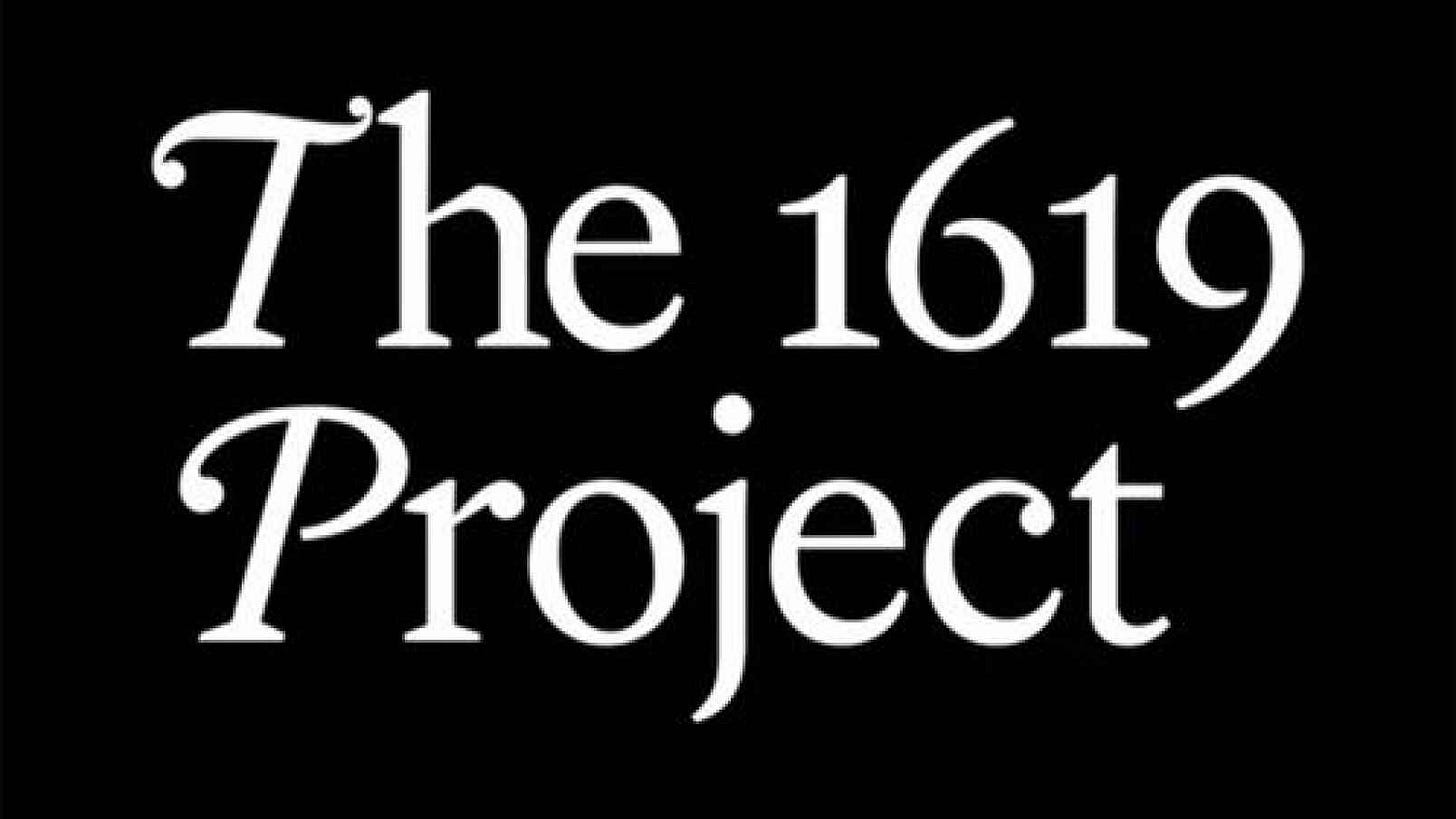About a week after The 1619 Project was published, I had a very revealing interaction in class. A graduate student raised their hand and cited The 1619 Project in reference to a point in class. I was working my way through the text, so I didn’t quite have handle on it, but I was aware that the text made some claims that didn’t seem quite right, like the claim that the American revolution was fought primarily to support slavery. I told the student, and the class, that there were some things that didn’t appear right to me, so you have to be really careful with that text. I believe that I also noted that it was a form of journalism, not standard academic writing that is vetted at conferences and journals.
I will never forget to the student’s reaction. This person seemed genuinely wounded and disappointed. For them, The 1619 Project was a powerful statement that represented emancipatory thinking. The fact that I publicly stated disagreement, or even caution, was viewed as a personal affront and a sign that I was somehow reactionary. This is not an inference on my behalf, I was told this later.
I have thought about this interaction for years. Initially, I was saddened and concerned that critical thinking about texts was interpreted in such a personal way. Over time, I also became concerned about a second issue - people sacralizing texts, rather than treating them as statements open to critique. For every 1619 defender who focused on historical accuracy, a dozen more dismissed critics as victims of a moral panic or stooges of Trumpist white nationalism.
The Hedgehog Review has a new essay documenting and discussing the political canonization of The 1619 Project. What is disturbing is that some professional historians openly admit that The 1619 Project has problems of accuracy and truthfulness, yet, it is sill an important text to defend:
It is unusual for historians to be so gentle (just read the book review section of any journal or sit in on one of our graduate seminars). Perhaps Cornell historian Sandra Greene, in her contribution to the forum, explained why: “The publication of The 1619 Project is so important, despite its flaws,” which include “factual errors” and “several chapters [that] simplify to the point of distortion.” Important how? Politically. For Greene, The 1619 Project is “a necessary book” and its flaws “should not be used as an excuse to deny the reality that slavery and racism have influenced every aspect of US history.”
The author of this article, Johann Neem, then links this sort of canonization as something that actually plays into the hands of Republican critics:
After reading Myth America and the AHR forum, one can understand why Republicans have become so distrustful of professors and have proposed dangerous policies that threaten academic freedom, such as weakening tenure or banning entire fields of study. We historians would like to say that it’s because we speak truth to power, but perhaps the truth is that we are afraid to do so when it endangers our reputations or politics.
Correct. If you set up a totem, you make an easy target for your enemies.
Bottom line: Values are important, but they shouldn’t undermine your professional work.
+++++
Buy these books!
Grad Skool Rulz - cheap advice manual for grad students
Obama and the antiwar movement





It is now commonly understood among many members of the 1619 community that the US Civil War was basically a slave rebellion.
We're All slaves, civilization is slavery. Money is the tool box that controls everything. Figure it out.